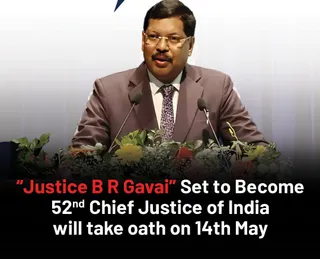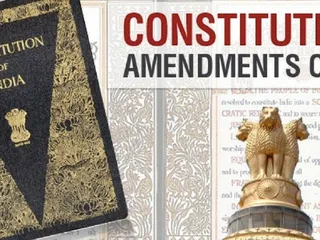Failure to comply with constitutional provisions is a serious matter with significant legal ramifications. Constitutions serve as the supreme law of the land, outlining the fundamental principles and structure of a government, as well as guaranteeing certain rights and freedoms to citizens. When governmental bodies or individuals fail to adhere to these provisions, various legal mechanisms exist to address the violation.
Judicial Review
A cornerstone of many constitutional democracies is the concept of judicial review. This allows courts to assess the constitutionality of laws and government actions. If a court finds that a law or action violates constitutional provisions, it can declare it void or invalid. The specific procedures for judicial review vary by jurisdiction.
Remedies for Violations
Remedies for constitutional violations can range from declaratory judgments (simply stating that a law is unconstitutional) to injunctive relief (ordering a government body to cease an unconstitutional action) to monetary damages (compensating individuals for harm suffered due to the violation). The specific remedy depends on the nature of the violation and the affected party's claim.
Examples of Constitutional Violations
Examples of failures to comply with constitutional provisions can include:
- Violation of Due Process Rights: Government actions that deprive individuals of life, liberty, or property without due process of law. This could include unlawful arrests, unfair trials, or discriminatory application of laws.
- Violation of Equal Protection Rights: Discriminatory laws or actions that treat similarly situated individuals differently without a legitimate justification. This could involve racial, gender, or religious discrimination.
- Violation of Freedom of Speech or Religion: Governmental restrictions on speech or religious practices that are not narrowly tailored to serve a compelling government interest.
Importance of Upholding Constitutional Principles
Upholding constitutional principles is crucial for maintaining a just and equitable society. It ensures that government power is limited and exercised in accordance with the rule of law, protecting citizens' fundamental rights and freedoms. When constitutional provisions are ignored or violated, it undermines the legitimacy of the government and can lead to social unrest and instability.
Note: This information is for educational purposes only and does not constitute legal advice. For specific legal guidance related to constitutional violations, consult with a qualified legal professional.
Further Resources:
For more in-depth information, you may wish to consult resources such as:
- Cornell Law School's Legal Information Institute (Constitution of the United States)
- Justia US Supreme Court Center (access to Supreme Court case law)


 (24)jpeg-1722421859875.jpeg.webp)













